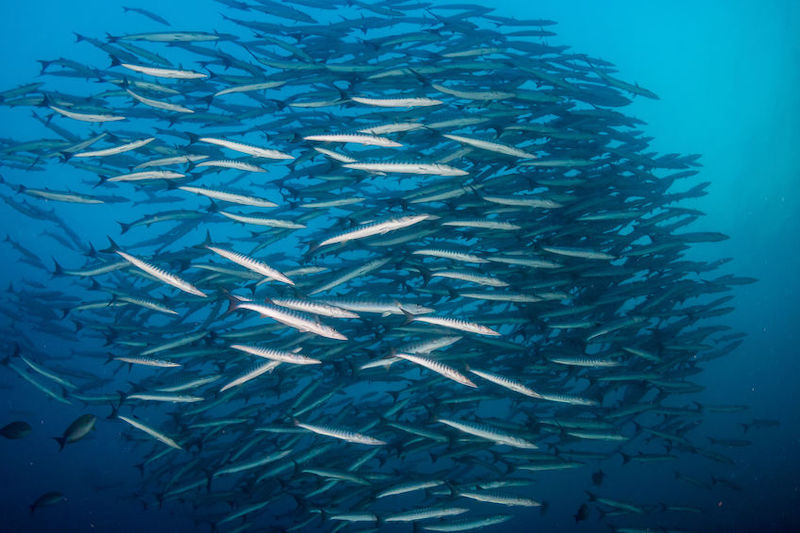Stalling the ‘shadow blue economy’
Organised crime involving fisheries– the shadow blue economy – is a truly international issue and a severe impediment to the realisation of the UN Sustainable Development Goals, says Lina Kolesnikova, author and member of the CRJ’s Advisory Panel. However, the recent launch of the Blue Resilience project aims to solve the problem with a transnational approach.

(Image: Richard Whitcombe/123rf)
The fisheries industry is one of the most important sectors of the global economy, providing food, jobs and income. The industry is particularly important in developing countries, from which more than 50 per cent of the fish trade originates. However, coastal communities, particularly younger residents whose incomes depend on fishing, are especially vulnerable to fisheries crime.
Fisheries crime is an ill-defined legal concept referring to a range of illegal activities in the fisheries sector – it is a widespread and complex international issue that cannot be solved by one nation alone. Developing countries are losing substantial resources and potential revenue. In addition to the loss of tax and export revenue, fisheries crime has negative effects on food security and the human rights and living conditions of coastal populations.
It is estimated that as much as 31 per cent of the global seafood harvest is from illegal catches. Unfortunately, we can be sure that the shadow blue economy is already in existence and operating at full scale.
Transnational organised criminal networks threaten the fishery industry on a daily basis. More than simply illegal fishing, fisheries crimes include tax and document fraud, smuggling, human trafficking and slavery, corruption, money laundering and so on.
Criminals are creative in finding new ways to fill their pockets.
Criminals use fishing vessels to traffic drugs and people because their nomadic navigation patterns and long periods at sea make it easy for these boats to blend into the maritime background without suspicion. Criminal networks also use the proceeds of large-scale commercial fishing to finance other illegal activities.
For a number of years, the global community has raised concern about the threat of criminality in the fisheries sector. Interpol established a Fisheries Crime Working Group in 2013 as a conduit for joint law enforcement operations that target transnational organised fisheries crime networks, and in 2019 the UN Security Council considered transnational organised crime at sea to be a threat to international peace and security.
Norway is taking the lead in the global efforts to address organised fisheries crime. In 2018, the country launched the initiative for an international ministerial declaration on transnational organised crime in the global fishing industry – the Copenhagen Declaration – which provides a basis for partnerships on this issue with a number of nations, most of which are developing countries.
In 2019, the Norwegian Government launched the Blue Justice Initiative, in co-operation with the UNDP, to support the Copenhagen Declaration.
The Blue Resilience project, launched on September 16, 2020 aims to support countries by strengthening co-operation between relevant agencies – such as fisheries, tax, labour and the police – to enable improved governance to address fisheries crimes and promote progress in achieving the SDGs.
The project is hosted by the UNDP Nordic Representation office (NRO) and Norway provided 3.4 million Norwegian kroner to UNDP to support its activities. The UNDP will also co-operate with the Norwegian Government to develop a new digital platform, the Blue Justice Community, to facilitate effective and timely co-operation between governments.
Our oceans are a key source of food and employment for millions of people around the world, but fish stocks are being depleted, making fish a valuable commodity. It is imperative that we preserve the fish resources for next generations and tackle transnational organised crime on the world’s seas. The Blue Resilience project is one step closer to success.
Lina Kolesnikova, 15/02/2021